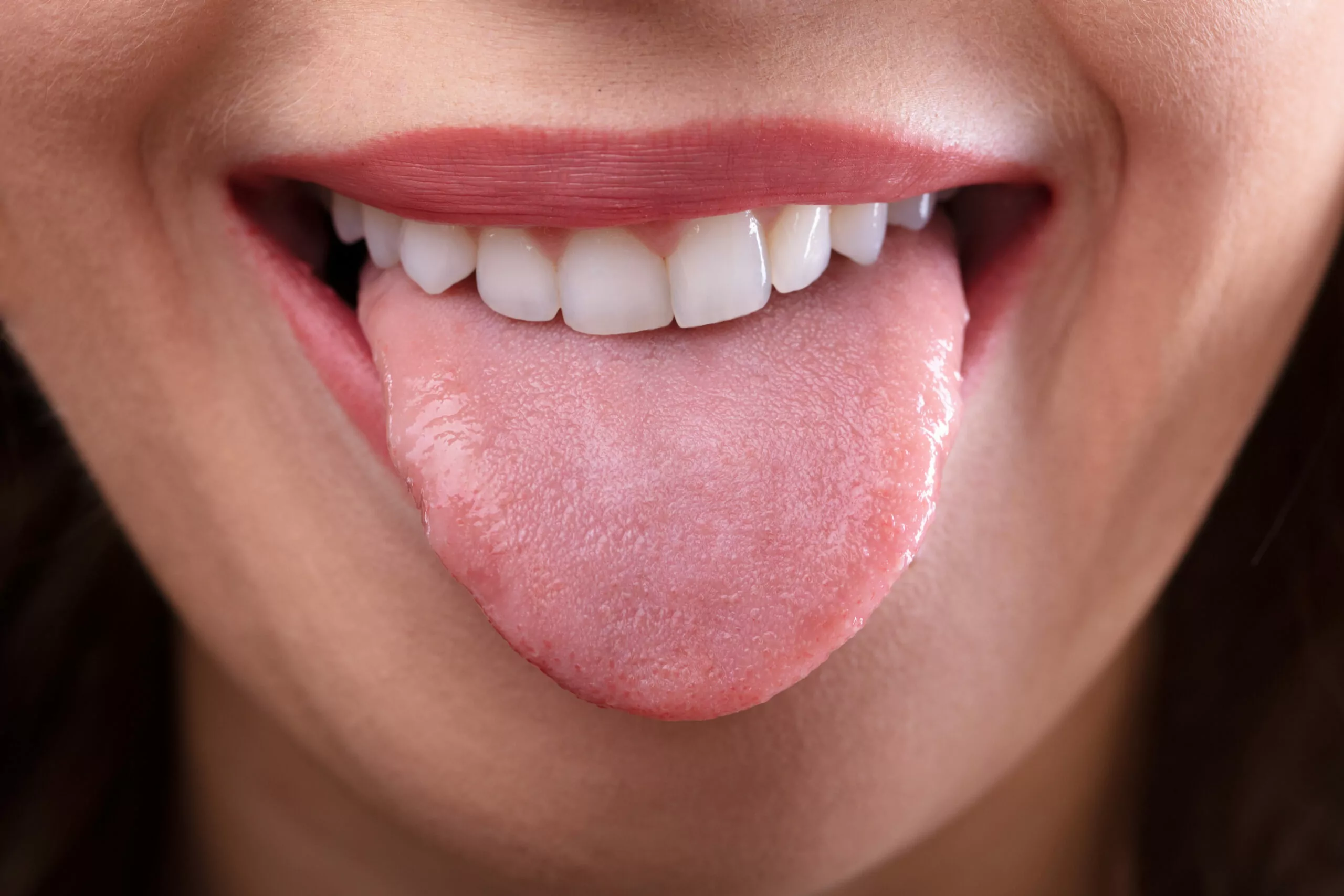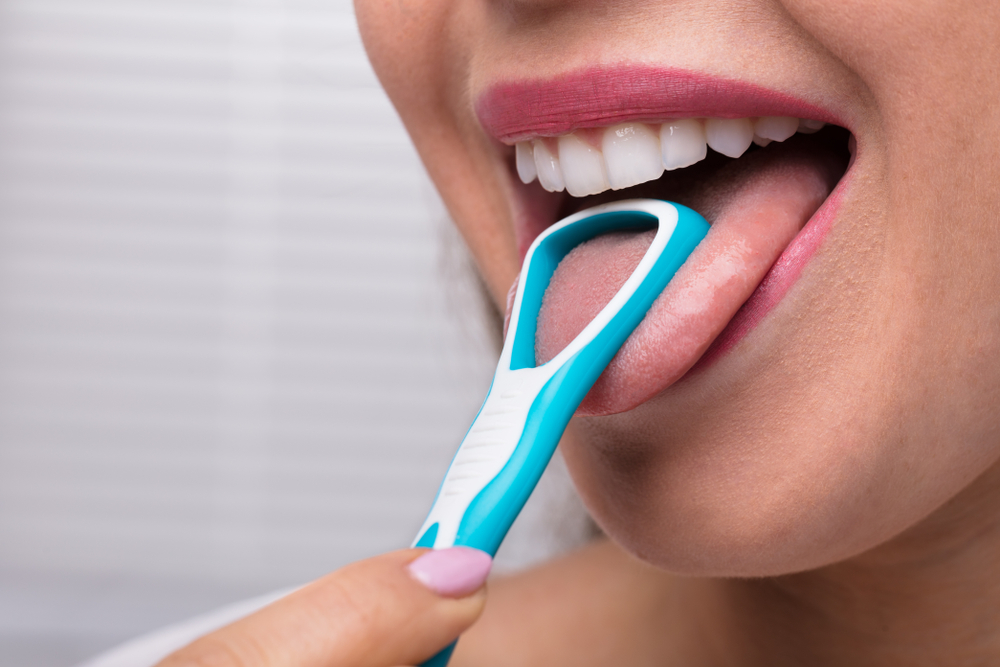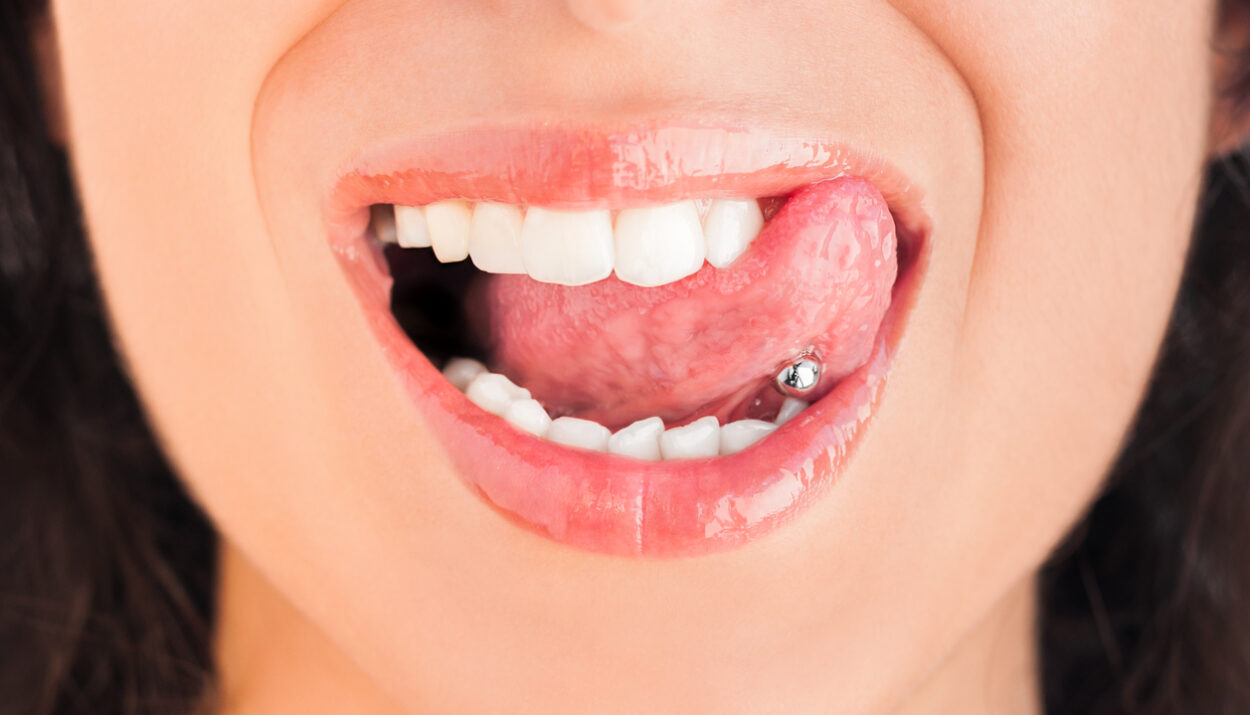[ad_1]
Welcome to our article on the benefits of tongue-teeth rubbing for oral health. In this article, we will explore the advantages of incorporating this simple yet effective technique into your daily oral care routine. We will discuss how tongue-teeth rubbing can promote better oral hygiene, reduce the risk of dental issues, and contribute to overall mental well-being. Let’s dive in and discover the many benefits of incorporating tongue-teeth rubbing into your oral health regimen.

What is tongue-teeth rubbing?
Tongue-teeth rubbing is a simple oral health technique that involves rubbing the surface of the tongue against the teeth. This gentle, repetitive motion helps remove plaque and bacteria from the teeth and gums, promoting better oral hygiene.
Engaging in tongue-teeth rubbing can also stimulate saliva production, which helps wash away food particles and neutralize acids in the mouth. This can contribute to fresher breath and a healthier oral environment.
How does tongue-teeth rubbing contribute to better oral health?
Tongue-teeth rubbing offers a range of benefits for oral health. By gently rubbing the tongue against the teeth, you can help remove plaque and bacteria that may have accumulated throughout the day. This can help prevent the formation of tartar and reduce the risk of dental issues such as cavities and gum disease.
Additionally, the act of tongue-teeth rubbing can stimulate saliva production, which plays a crucial role in maintaining a healthy oral environment. Saliva helps wash away food particles, neutralize acids, and remineralize the enamel, contributing to better oral health overall.
Furthermore, tongue-teeth rubbing can help improve overall oral hygiene by promoting better breath. By removing plaque and bacteria from the teeth and gums, this technique can help combat bad breath and contribute to a fresher, more pleasant oral environment.
Can tongue-teeth rubbing benefit mental health?
While the primary focus of tongue-teeth rubbing is on oral health, the benefits of this simple technique can extend to mental well-being as well. Engaging in a regular oral care routine, including tongue-teeth rubbing, can contribute to a sense of cleanliness and self-care, which can positively impact mental health.
Additionally, the improved oral hygiene and fresher breath that results from tongue-teeth rubbing can boost confidence and self-esteem, contributing to a more positive outlook on overall well-being. The simple act of caring for the teeth and gums through tongue-teeth rubbing can also serve as a mindfulness practice, promoting a sense of focus and relaxation.
How can I incorporate tongue-teeth rubbing into my oral care routine?
Incorporating tongue-teeth rubbing into your oral care routine is simple and easy. Begin by gently running the surface of your tongue along the front and back surfaces of the teeth, using a gentle, circular motion. You can do this after brushing and flossing your teeth, as well as throughout the day as needed, to refresh your oral environment.
It’s important to remember that tongue-teeth rubbing should be done gently to avoid irritating the gums or soft tissues in the mouth. If you experience any discomfort or pain while performing tongue-teeth rubbing, it’s important to speak with your dentist to ensure you’re practicing proper technique.

Conclusion
Incorporating tongue-teeth rubbing into your oral care routine can offer a range of benefits for both oral health and mental well-being. By gently rubbing the tongue against the teeth, you can help remove plaque and bacteria, stimulate saliva production, and contribute to fresher breath. Additionally, the act of caring for your oral health through tongue-teeth rubbing can promote a sense of cleanliness, self-care, and mindfulness, which can positively impact mental health. Consider integrating tongue-teeth rubbing into your daily oral care routine to enjoy the many benefits it has to offer.
FAQs
How often should I incorporate tongue-teeth rubbing into my oral care routine?
Ideally, tongue-teeth rubbing can be incorporated into your oral care routine each time you brush and floss your teeth, which is typically recommended at least twice a day. Additionally, you can perform tongue-teeth rubbing throughout the day as needed to refresh your oral environment.
Can tongue-teeth rubbing replace brushing and flossing?
While tongue-teeth rubbing can offer benefits for oral health, it is not a replacement for brushing and flossing. These fundamental oral care practices are crucial for removing plaque and bacteria from the teeth and gums, and should not be substituted with tongue-teeth rubbing alone.
Can tongue-teeth rubbing help combat bad breath?
Yes, tongue-teeth rubbing can contribute to fresher breath by removing plaque and bacteria from the teeth and gums. Additionally, stimulating saliva production through tongue-teeth rubbing can help wash away food particles and neutralize acids, which can contribute to a healthier oral environment and fresher breath.
Can tongue-teeth rubbing help promote relaxation and mindfulness?
Engaging in a regular oral care routine, including tongue-teeth rubbing, can serve as a mindfulness practice and promote a sense of relaxation and focus. By maintaining a clean and healthy oral environment, you can contribute to your overall well-being and mental health.
Is it normal to experience some discomfort while performing tongue-teeth rubbing?
Tongue-teeth rubbing should be done gently to avoid irritating the gums or soft tissues in the mouth. If you experience any discomfort or pain while performing tongue-teeth rubbing, it’s important to speak with your dentist to ensure you’re practicing proper technique.
[ad_2]







